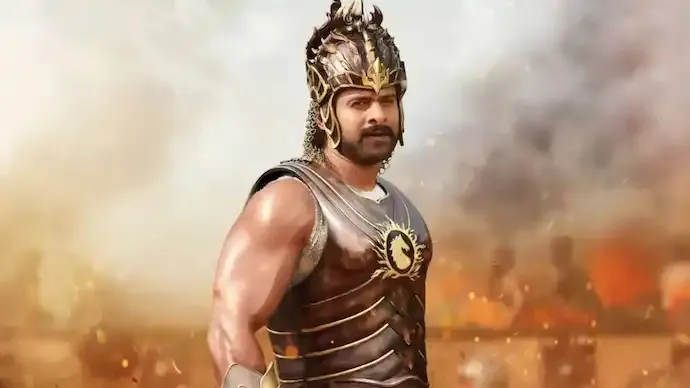Shopping cart
Your cart empty!
Terms of use dolor sit amet consectetur, adipisicing elit. Recusandae provident ullam aperiam quo ad non corrupti sit vel quam repellat ipsa quod sed, repellendus adipisci, ducimus ea modi odio assumenda.
Lorem ipsum dolor sit amet consectetur adipisicing elit. Sequi, cum esse possimus officiis amet ea voluptatibus libero! Dolorum assumenda esse, deserunt ipsum ad iusto! Praesentium error nobis tenetur at, quis nostrum facere excepturi architecto totam.
Lorem ipsum dolor sit amet consectetur adipisicing elit. Inventore, soluta alias eaque modi ipsum sint iusto fugiat vero velit rerum.
Sequi, cum esse possimus officiis amet ea voluptatibus libero! Dolorum assumenda esse, deserunt ipsum ad iusto! Praesentium error nobis tenetur at, quis nostrum facere excepturi architecto totam.
Lorem ipsum dolor sit amet consectetur adipisicing elit. Inventore, soluta alias eaque modi ipsum sint iusto fugiat vero velit rerum.
Dolor sit amet consectetur adipisicing elit. Sequi, cum esse possimus officiis amet ea voluptatibus libero! Dolorum assumenda esse, deserunt ipsum ad iusto! Praesentium error nobis tenetur at, quis nostrum facere excepturi architecto totam.
Lorem ipsum dolor sit amet consectetur adipisicing elit. Inventore, soluta alias eaque modi ipsum sint iusto fugiat vero velit rerum.
Sit amet consectetur adipisicing elit. Sequi, cum esse possimus officiis amet ea voluptatibus libero! Dolorum assumenda esse, deserunt ipsum ad iusto! Praesentium error nobis tenetur at, quis nostrum facere excepturi architecto totam.
Lorem ipsum dolor sit amet consectetur adipisicing elit. Inventore, soluta alias eaque modi ipsum sint iusto fugiat vero velit rerum.
Do you agree to our terms? Sign up

A decade after its release, “Baahubali” still towers over Indian cinema—not just as a technical triumph but as a work of profound moral reflection. Watching the film in 2025, long after the cheers and applause have faded, reveals something deeper than its spectacle. It exposes the eternal conflict between righteousness and power, questioning whether moral integrity can ever survive within systems built on hierarchy and control.
When SS Rajamouli’s magnum opus first released between 2015 and 2017, it was celebrated for its monumental scale — a visual revolution that redefined Indian storytelling. But ten years later, stripped of its novelty, the film’s philosophical core becomes strikingly clear: it is a retelling of the Mahabharata and Ramayana, fused into a meditation on justice, obedience, and the futility of dharma in a flawed world.
At the heart of the saga stands Queen Mother Sivagami, played masterfully by Ramya Krishnan, a figure whose authority reflects both Bhishma’s devotion to duty and Kaikeyi’s blindness to consequence. Her decisions, absolute and unquestioned, sustain the illusion of order but perpetuate injustice. By commanding Kattappa to kill Amarendra Baahubali, she enacts the system’s cruelest irony — that righteousness itself can be condemned when it challenges power. Sivagami’s tragedy lies not in ignorance but in believing that duty justifies tyranny.
Kattappa’s obedience forms the film’s emotional core. His “slave-dharma” embodies the ancient moral paralysis of loyalty. The act of killing the man he loves most becomes symbolic of society’s complicity in sustaining unjust hierarchies. His tragedy, like Bhishma’s, lies not in action but in surrender — obedience masquerading as virtue.
Devasena’s courtroom humiliation evokes the Mahabharata’s darkest moment: the disrobing of Draupadi. Yet Rajamouli’s retelling offers a correction. When Devasena is demeaned, Baahubali does what the Pandavas could not — he acts. He chooses love over law, justice over protocol, and loses everything for it. His defiance marks a moral victory but a personal doom, proving that righteousness may win the moment but not the world.
This is Rajamouli’s most unsettling insight. Both obedience and rebellion lead to destruction because the flaw lies not in men but in the structure itself. The kingdom — symbolizing the universe — devours even its noblest subjects.
Revisiting Baahubali a decade later, the grandeur of its war scenes and visual splendor gives way to quieter realizations. The film endures not as an epic of spectacle but as an allegory for moral entrapment — a world where heroism is punished and integrity is fatal.
What remains, long after the visual dazzle fades, is the haunting truth it reveals: in kingdoms built on power, the righteous will always bleed first.
106
Published: Nov 08, 2025